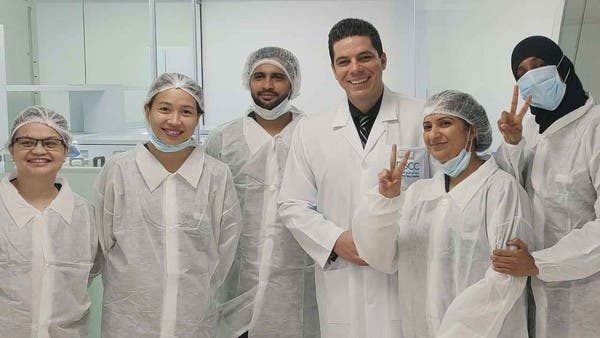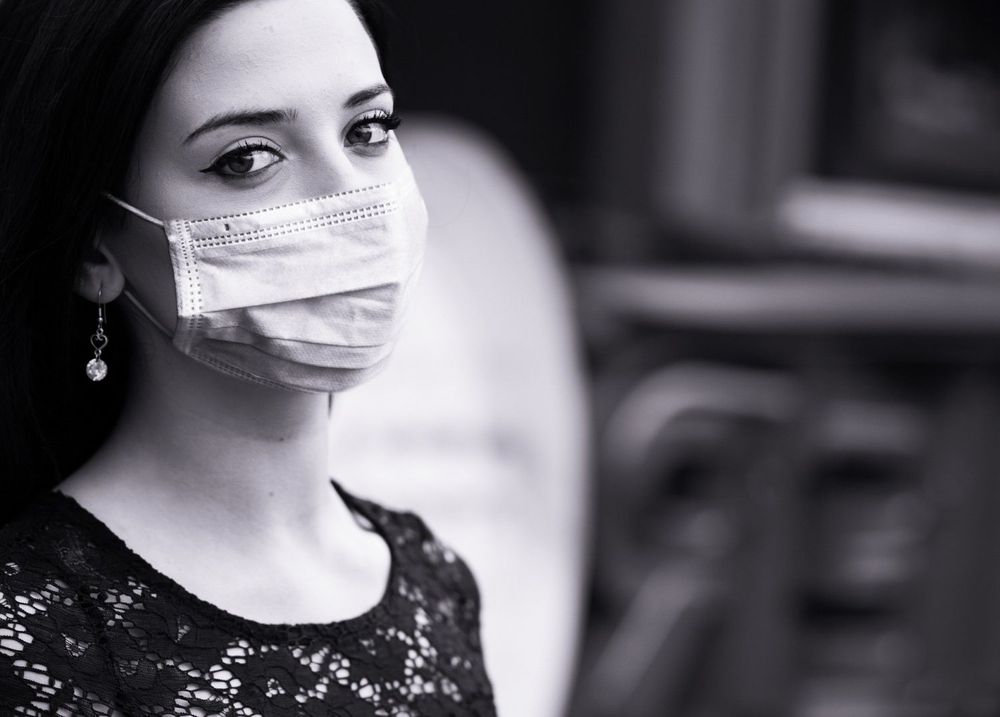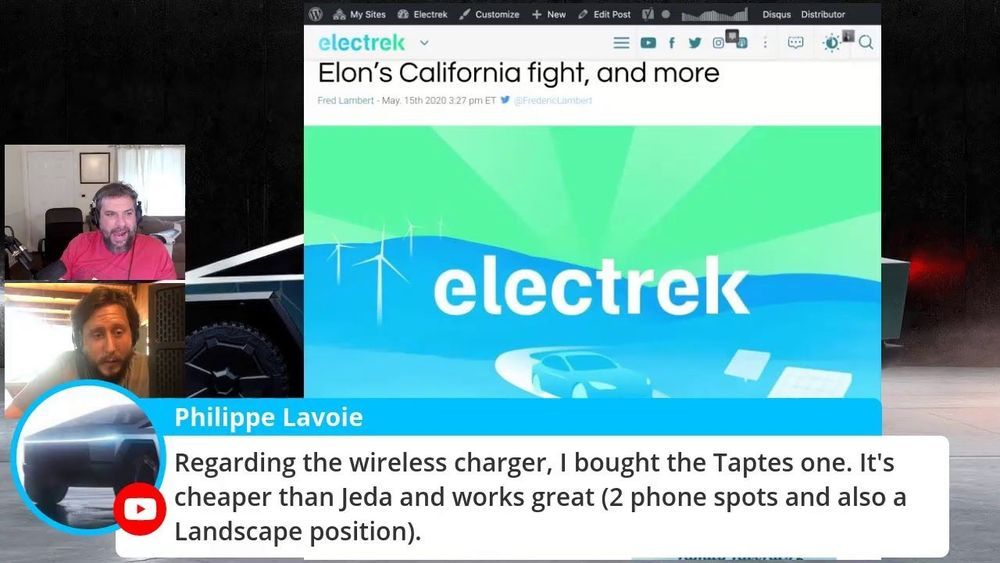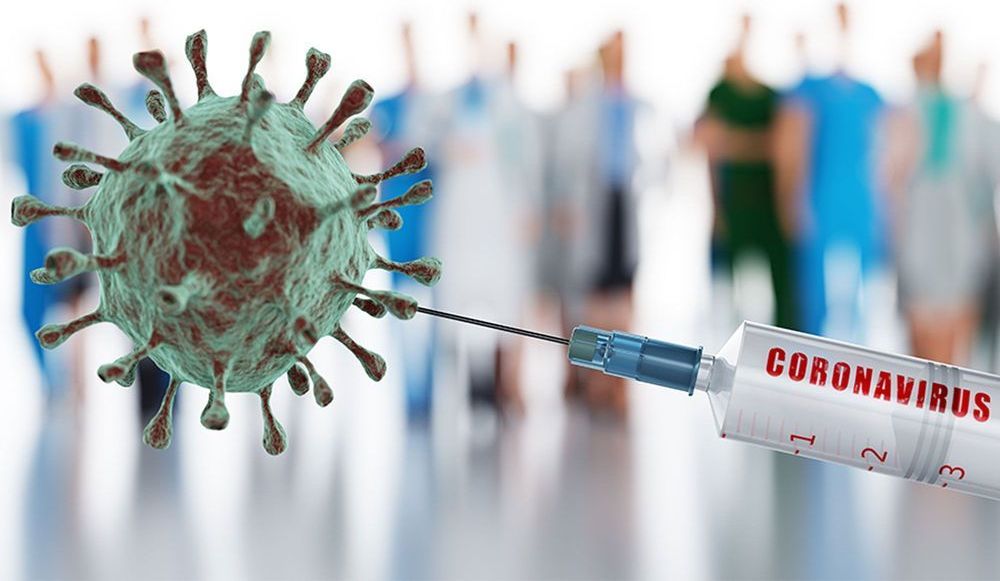
Samsung has a hardened version of the Galaxy S20, but don’t reach for your credit card — it’s not what you were expecting, and you probably can’t get one. The company has introduced a Galaxy S20 Tactical Edition that, as the name suggests, is designed to meet the needs of the US military and federal government. It touts two layers of encryption strong enough to handle top secret data and connects to tactical radios and mission systems out of the box.
There are combat-related conveniences, too. One mode can turn the display on and off while you’re wearing night vision goggles, while a stealth mode turns off LTE and and mutes all RF broadcasts to eliminate even the slightest chance of eavesdropping. It’s also easy to unlock the phone in landscape mode so that you can quickly launch an app while the device is mounted to your chest.
This is otherwise a run-of-the-mill Galaxy S20 with a 6.2-inch, 1440p display, a Snapdragon 865 processor, 12GB of RAM, 128GB of expandable storage, a 4,000mAh battery and the usual arrays of front and rear cameras. Although Samsung shows the Tactical Edition in a rugged casing, there’s no mention of the phone itself being rugged.









